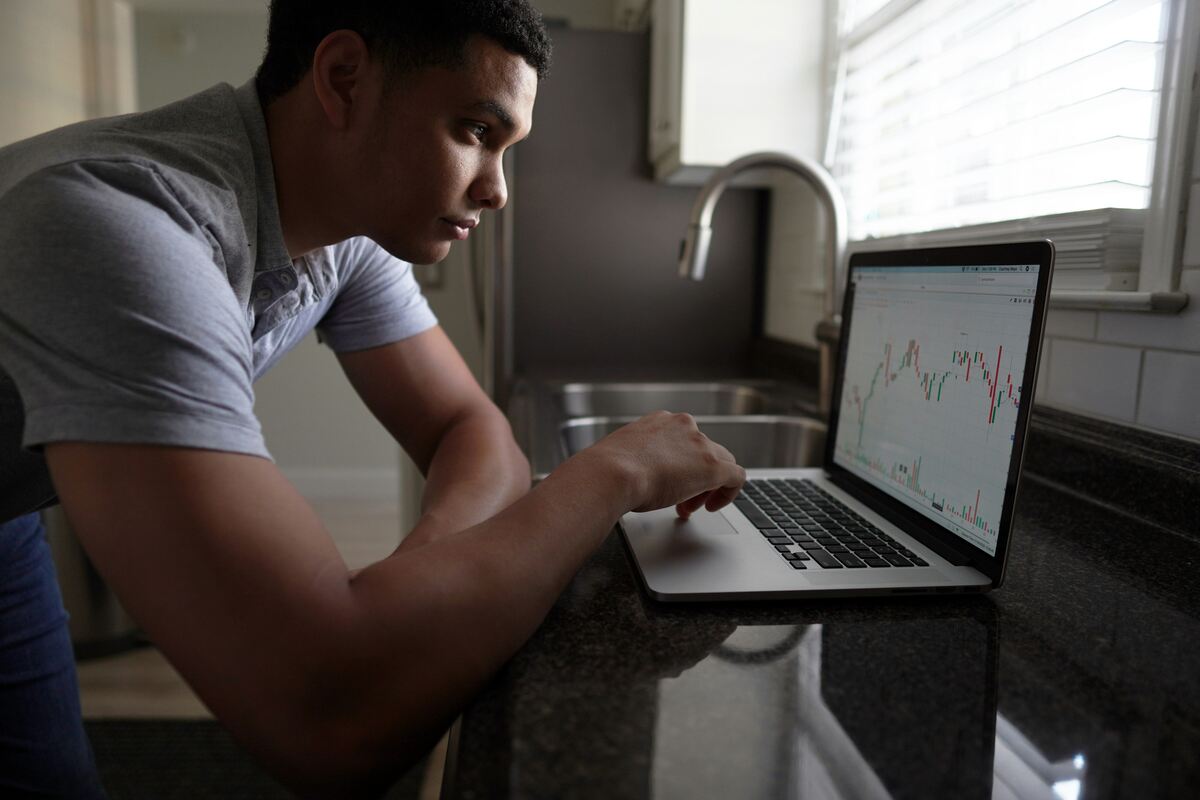Forex trading brokers act as intermediaries between you and banks that purchase and sell currencies, charging you a spread markup per transaction you execute. Discover the best info about forex robot.
Brokers that are licensed and regulated by Tier-1 financial regulators such as the FCA or CySEC offer their retail clients maximum protection, such as segregating client funds and having negative balance protection policies in place.
Choosing a broker
When selecting a forex trading broker, traders should keep several things in mind. They should always choose one with regulatory status that operates from a reliable financial center and provides deposit protection – this way if the broker goes under, your funds will still be safe and protected.
As part of their search, traders should also evaluate the speed and reliability of trade execution. They should look for brokers offering low latency and minimal slippage to ensure their orders are processed quickly while considering which account types the broker provides; after all, each trader may have unique goals and needs.
Lastly, traders should ensure their broker offers sufficient educational resources and is mobile-compatible, to enable them to trade anywhere and take advantage of sudden opportunities as they arise. They should also find out the costs of services like spreads, commissions, and overnight financing fees in its terms of service document – this information should be read thoroughly!
Spreads
Before trading forex with any forex broker, traders should make sure to investigate their spreads. A forex broker’s spread is defined as the difference between buy and sell prices for currency pairs; measured in pip values. Spreads may either be fixed or variable and affected by market volatility, liquidity conditions, and news; with low spreads during periods of stability but higher ones during unpredictable markets.
Spreads depend heavily on both the currency pair you trade and your broker’s business model; market makers usually charge wider spreads than non-dealing desk brokers, as well as considering any margin and leverage policies of forex brokers; ideally, they will offer adequate protection based on available finances for traders.
Before trading forex, it is crucial to identify any non-trading fees such as deposits, withdrawals, and account maintenance charges. Some forex brokers charge fees for using their platforms while some even provide demo trading accounts which allow traders to test out virtual money trading platforms before committing real cash.
Leverage
Forex (Foreign Exchange) trading is an excellent way to make money by investing in currency pairs. The market operates 24 hours a day, five and a half days per week, and holds the potential for huge gains with minimal risk involved.
Leverage plays an integral role in how much profit traders can realize from currency trading. Leverage allows traders to invest more capital and increase profits, but can also amplify losses. Therefore, traders must select a broker offering sufficient leverage according to their trading style and needs.
When selecting a forex broker, look for one offering a diverse selection of products to trade. While currencies may be your primary focus, having access to commodities, indices, shares, and cryptocurrencies will prove helpful as well. An excellent forex broker should provide fast real-time execution and round-the-clock support – make sure that before committing any funds try a demo account first and test customer support’s responsiveness by asking random questions in a demo account before investing real funds!
Trading platforms
When selecting a broker, ensure they offer an intuitive trading platform. This will affect how quickly and easily you execute trades as well as monitor your account. In addition to advanced charting tools, real-time market data, and risk management tools; some brokers also provide practice trading platforms so you can test out their platform before depositing real money into it.
Consideration must also be given when choosing a broker regarding regulation. Regulated brokers must adhere to stringent rules and regulations to safeguard their capital; Tier-1 regulators such as UK FCA or CySEC offer maximum protection.
Some brokers provide reliable trading platforms educational materials and webinars that cater to traders of all levels, helping you learn new strategies and enhance overall trading skills. Some even have dedicated teams of experts available 24/7 for assistance if any queries arise. Likewise, it is also important to take note of fees charged by brokers as these may impact profitability – such as commissions charged when placing trades and managing an account.
Customer service
Customer service is an essential aspect of forex trading brokers. Since forex markets operate around the clock, traders need to have quick and efficient ways to receive assistance if they encounter questions or run into problems. A good customer support team should offer quick responses to inquiries as well as user-friendly help centers with answers to frequently asked questions.
Effective communication channels are key for building client loyalty and trust within the forex industry. A reputable broker should offer multiple avenues for client interaction such as email, live chat, and phone support that allow traders to stay abreast of market changes quickly, resolve issues efficiently, and ask any necessary questions.
An effective forex customer service team should also be accessible 24/7 and speak their traders’ preferred languages – this can make an immense difference to traders’ success in trades by minimizing chances of missing profits or incurring financial losses. Customer support representatives should possess extensive knowledge about forex markets and international trading practices.


